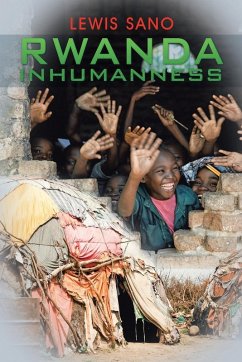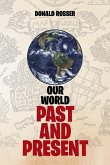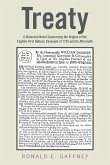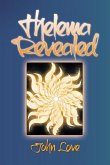The author talks about the testimony of two boys who successively lost their parents during the massacres in the Republic Democratic of Congo, DRC (former Mobutu's Zaire). The older is an eleven-year-old boy and his little brother is four. I have been orphaned for four years. Upon their return to Rwanda from exile, they had to flee again from their village where their lands and houses have been seized by new settlers who accused them as Genocide perpetrators. They have to live in the street with other kids they consider their brothers and sisters. In his own words, the elder boy says: "I have never had much opportunity in life. You will be able to guess why later. I am a street kid, a mayibobo in my native language. My address, as well as my cell phone number-because everyone needs a cell phone number-is zero, definitely zero. I spend my nights under the bridges of Kigali or under the canopy of high-rises when the police aren't mean and chase me away. I live perched like a bird! My street companions aren't friends in the sense that I would share my food with them, but they are my comrades. We were fleeing Death without realizing that he moved with us or behind us, dressed in denim pants, plastic boots, and kepis and speaking Kinyarwanda, Swahili, or English. These soldiers were so cruel! Instead of attacking the people who had the strength to run away, they usually started with the weak who lagged behind. This would include pregnant mothers, children separated from their parents, the old, and the sick."
Hinweis: Dieser Artikel kann nur an eine deutsche Lieferadresse ausgeliefert werden.
Hinweis: Dieser Artikel kann nur an eine deutsche Lieferadresse ausgeliefert werden.








